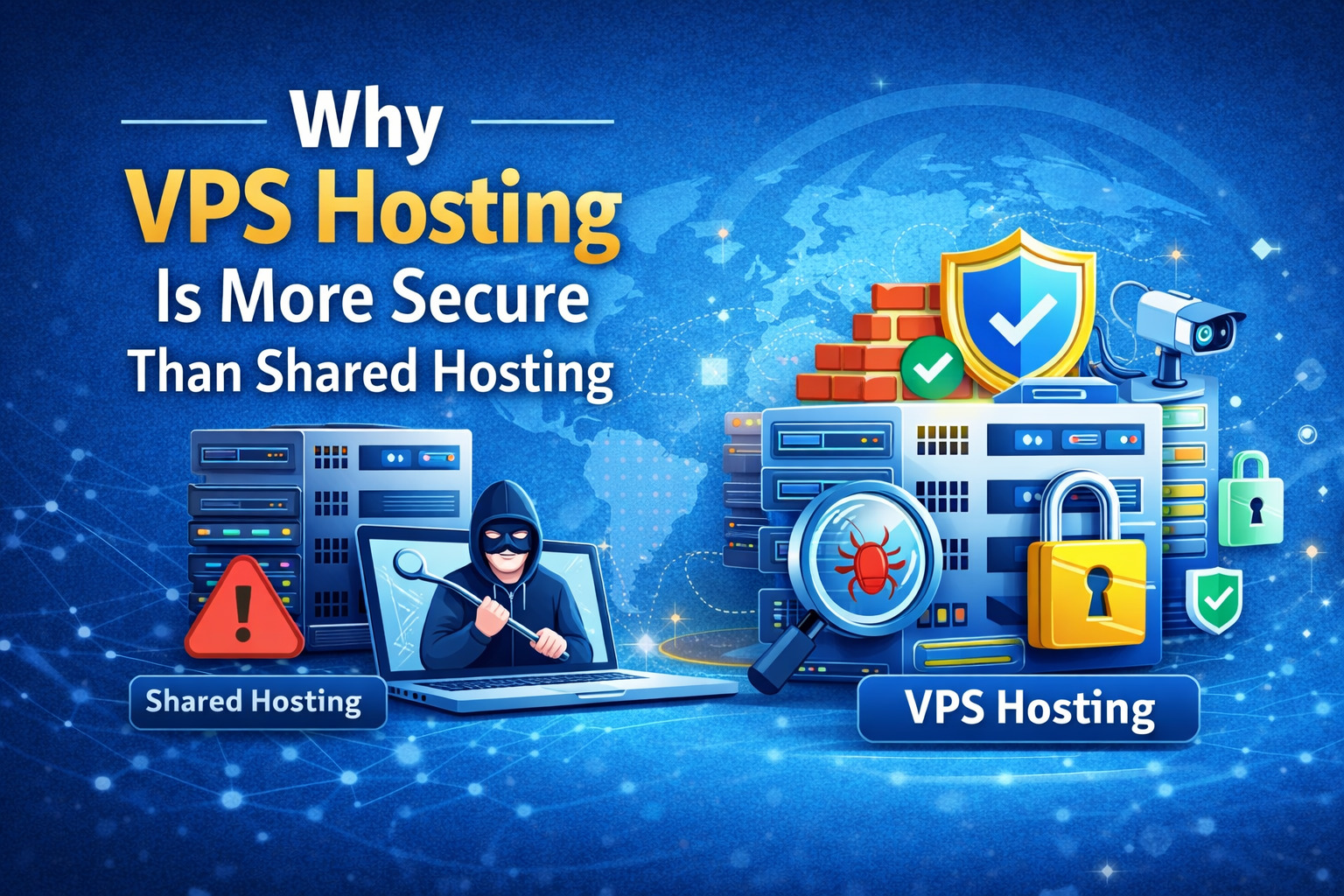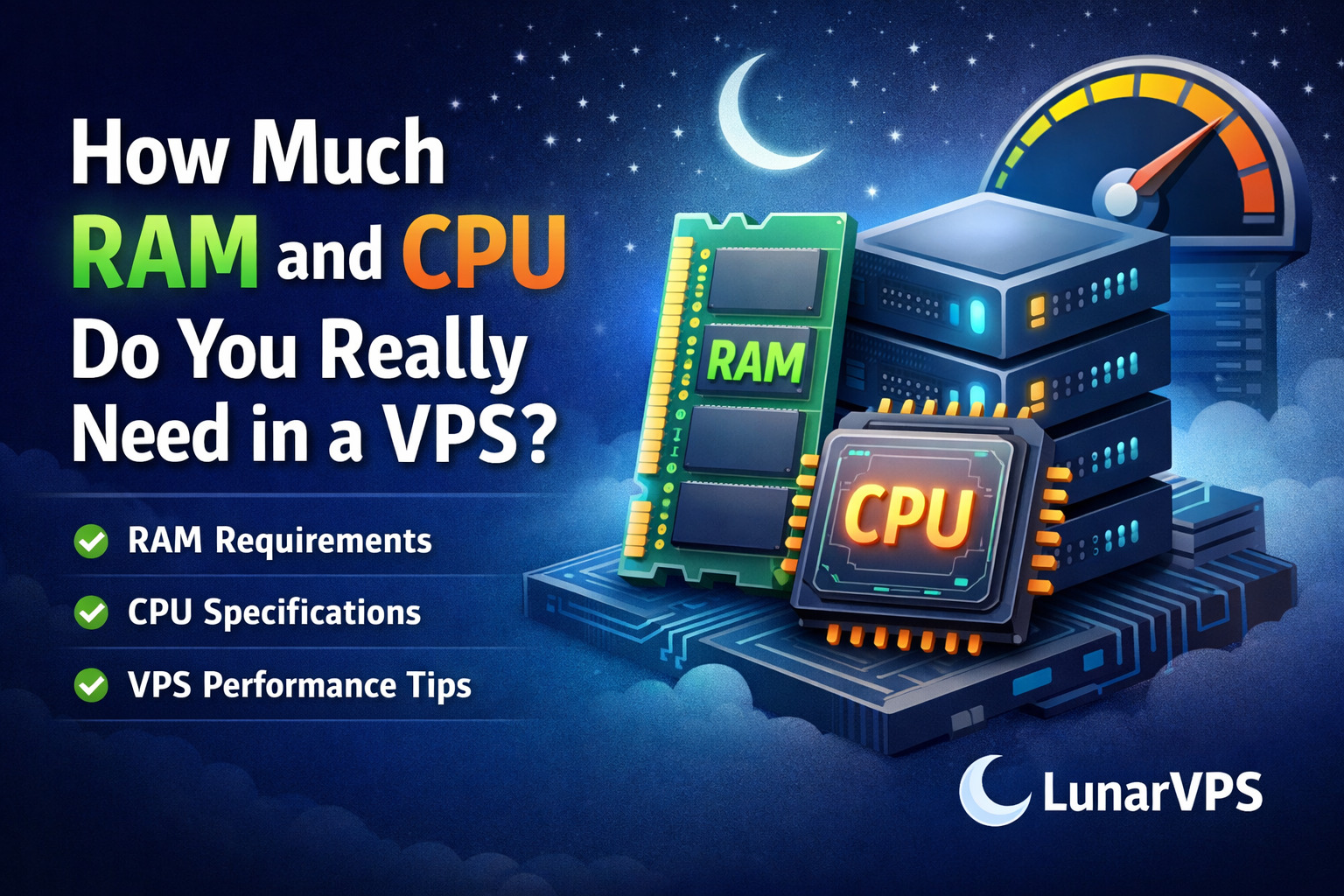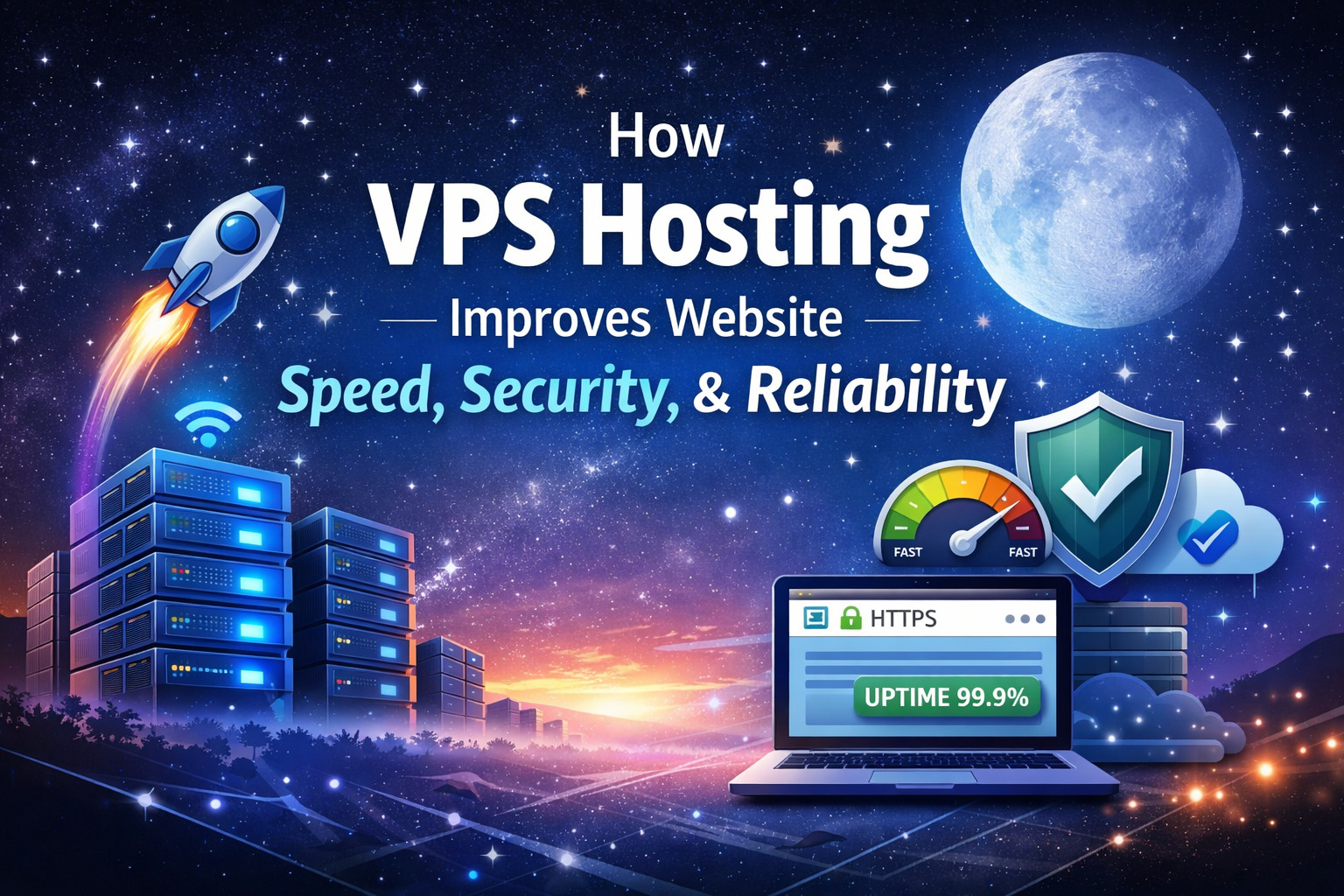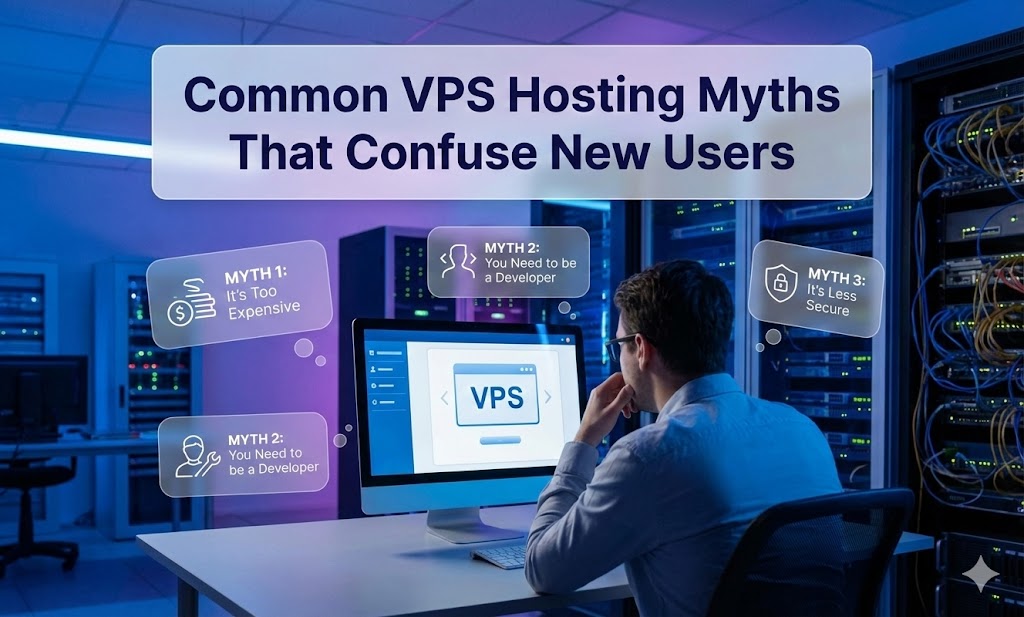What is a KVM VPS?
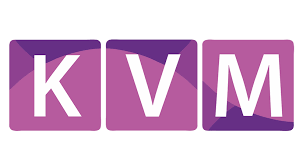
- September 2, 2021
- 0 Comments
With the changing technology and market demands, traditional hosting services are now giving way to VPS hosting and Cloud hosting. Virtual Private Server (VPS) is mostly seen as a private server even though it is installed on a computer that runs multiple such VPS. Without interfering the performance of other servers on the same network, a single system can conveniently host several VPS. At any given moment, each VPS is capable of running its own OS and has its dedicated resources in spite of what other servers on the network might be doing. This guarantees several merits over shared hosting such as unrestricted root access, quicker loading time, and secrecy. Hence, selecting the right hosting may have long term business implications. So it is pertinent for one to decide wisely on the type of hosting that would go well with their business needs.
Through VPS one can enjoy complete isolation, which means that the VPS package will remain unaffected or hindered by any other activities. Additionally you will be able to install whatever applications you need. VPS also has guaranteed resources. Besides, you continue to enjoy every feature and function of a dedicated server without any extra cost.
Depending on your business type and specific needs there are several VPS options available in the market offering different features. So, it is advisable to understand your need properly and match it with the features offered by these virtualization technologies. Today most of the hosting providers offer KVM VPS, Citrix Xen, Virtuozzo and OpenVZ. Each technology comes with its fair share of merits and demerits, however understanding these technologies will make it a bit clearer.
Interpreting KVM Virtualization
Kernel-based Virtual Machine popularly abbreviated as KVM is basically a virtualization technology built on a standard Linux Kernel OS. Apart from Linux, KVM also supports Windows, BSD, and OS X. Specific hardware is required by KVM to run its own virtualization extensions, and most of the non-Atom Intel processors and AMD processors today comes with these extensions hence it’s a smooth transition. This virtualization is attained with the help of a hypervisor — a software that allows user to host virtual machines and run them independently.
Within a standard Linux kernel, KVM virtualization technology is created which enables it to act as a hypervisor. This particular kernel acts as a second level hypervisor since the guest machine is packed with its own kernel. There are various forms of hypervisor, each catering to varied requirements. Based on the requirements of the applications, KVM VPS provides complete sovereignty to set the values for the resources of the same. Only virtualization of the existing system’s hardware resources are provided by KVM VPS. So, the hypervisor fairly distributes all the shared resources viz disk space, CPU time, network IO and others. KVM is quite dynamic in nature as it can run a 32 bit guest operating system on a 64 bit host thereby helping developers to use an older system as a virtual server.
Also Read: What is the difference between KVM and OpenVZ?
Selecting the best KVM VPS hosting
With scores of KVM VPS hosting service providers available across the internet, it becomes a daunting task to analyse and finally choose the right one. However, there are few key features which can act as a yard stick of shortlisting and getting the right one for your business.
· Speed & Performance — For smooth functioning of your business website, the service provider that promises great network speed cannot be neglected. Quick uploading and faster downloading without any glitches provides great user experience and hence go for a package with considerable network speed at a reasonable rate.
· Safety & Security — With cybercrime on the rise and hackers on the loose, it is evident to look for a hosting service provider that guarantees safety and security. Customer data is of high value to your business and should be protected at any cost to gain trust and confidence, as a result this factor becomes paramount in selecting the right firm.
· Affordability — Higher price doesn’t always guarantees quality. Hence, getting the best of services at an affordable price should be the prime objective. Firms free of hidden charges and those who maintain transparency should be opted for. Make a list of features important to your business and then draw up the comparative cost.
· Customer Support — Efficient customer support round the clock is an absolute necessary for the service provider you choose. They should be available 24X7 and can be reachable through all medium with least possible wait time. Technical glitches shouldn’t hold up your website from running.
KVM vs OpenVZ — which is the best
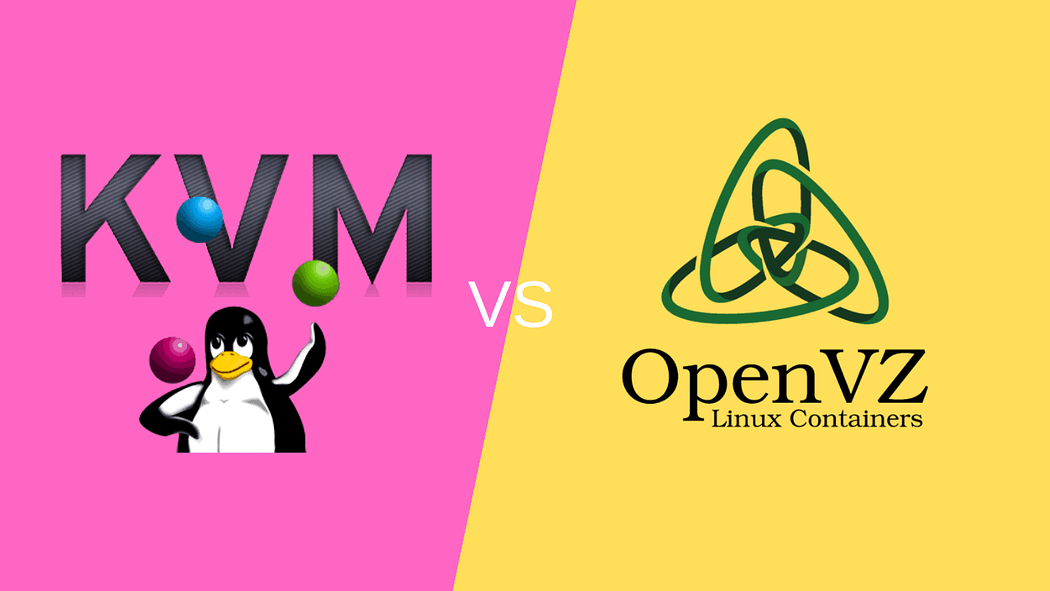
Developed by Virtuozzo, OpenVZ is a container based virtualization that allows a physical server to run multiple OS in silos. It uses a single Linux kernel and therefore virtual servers on OpenVZ can only run Linux. This basically is disadvantageous to clients as they require different kernel versions than that of the host. Some of the key features of OpenVZ are two level disk quota, fair CPU scheduler, I/O scheduler, user beancounters, checkpointing & live migration.
· OS Support — OpenVZ uses a single Linux kernel and therefore can run nothing other than Linux, whereas KVM can operate both Linux and Windows OS. Hence KVM is more dynamic.
· Kernel Versions — OpenVZ containers share the same architecture and kernel version while KVM can each run a different kernel version than the hypervisor. The merit of sharing the same kernel is that OpenVZ has a lower overhead on the hypervisor.
· Memory Distribution — In OpenVZ, memory that is not used by one container can be used by others, whereas KVM has a hard memory limit that leads to more stable resource distribution.
